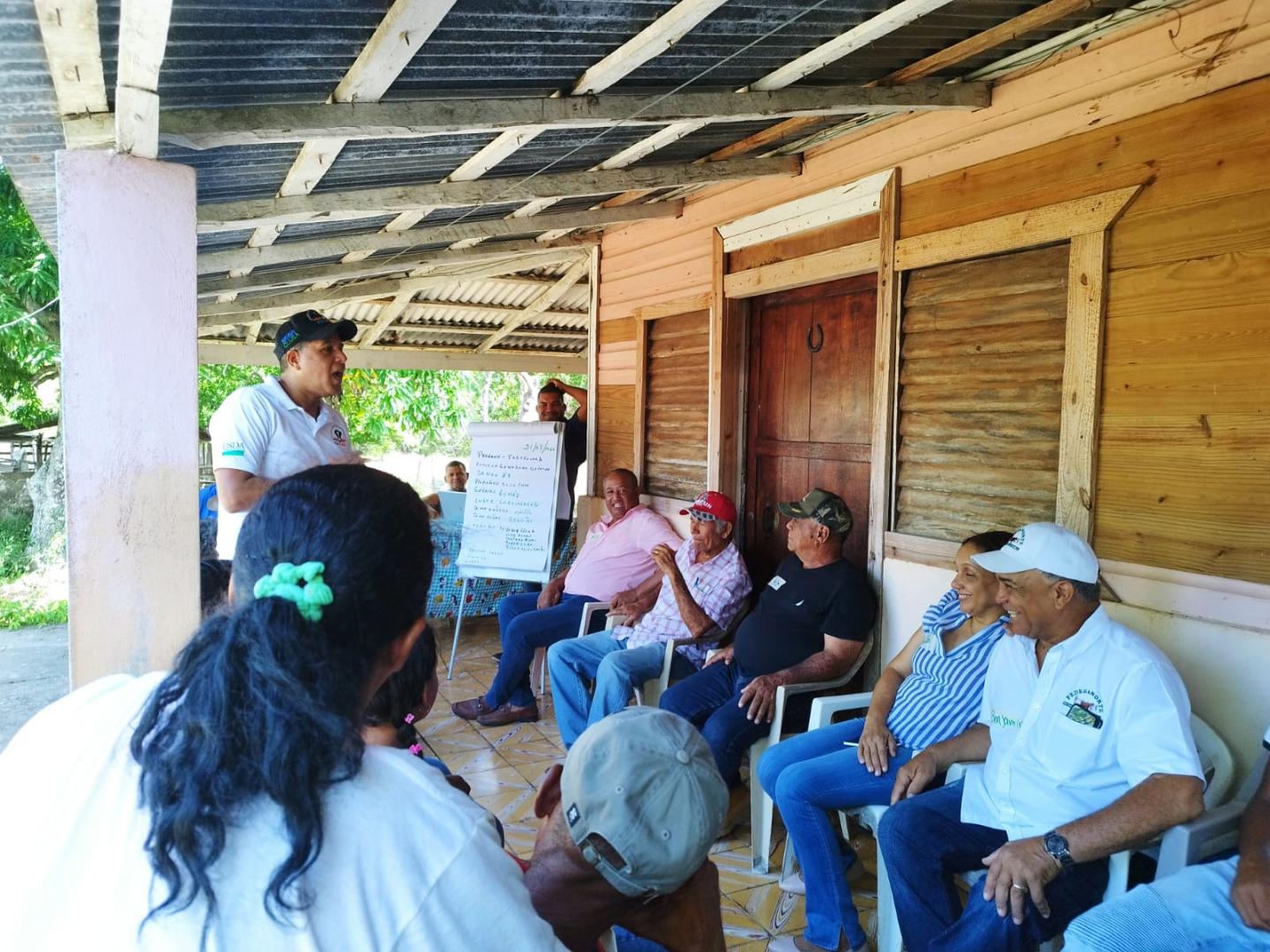Resilient Agriculture Activity

Cooperative Development Organisation
Period of Implementation
Geographic scope
Americas: Dominican Republic
Budget
Donor(s)
Bilateral Aid: USAID
Sector(s)
Type of Activity
Summary
The two-year USAID Resilient Agriculture Activity in the Dominican Republic will address the dramatic increases in food prices, crude oil, and commodities, including fertilizers and other common agricultural inputs, resulting from supply chain disruptions from the Russian invasion of Ukraine and Covid-19 pandemic. NCBA CLUSA will tackle these challenges through market-based climate-smart interventions that create entrepreneurship opportunities for food insecure populations in the DR’s Macro Region. As a Farmer-to-Farmer buy-in, the project will include a volunteer technical assistance component.
Project Objectives
The goal of this project is to address the increase in food prices, oil, and commodities which have resulted from supply chain disruptions from the Russian invasion in Ukraine and COVID19.
Impact on SDGs
Main Indicators
Impact Measurement
Direct beneficiaries
Organisations: 50
Individuals: 2